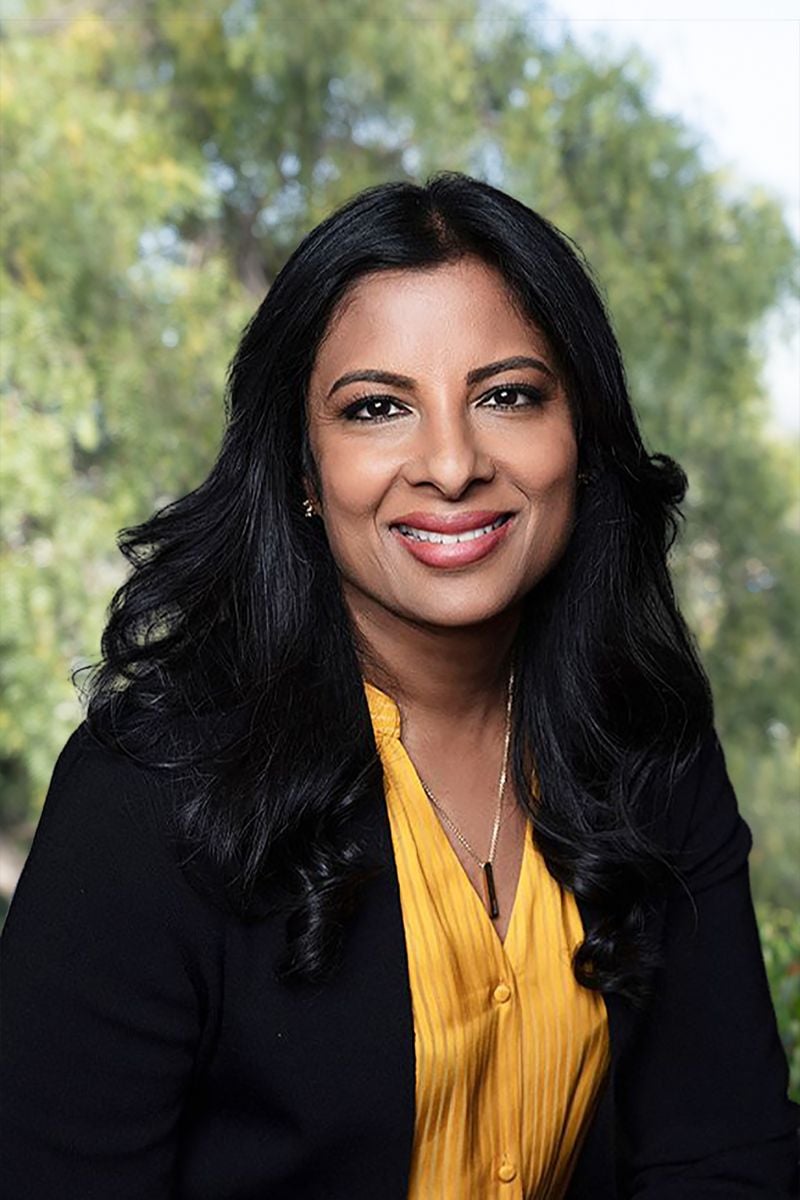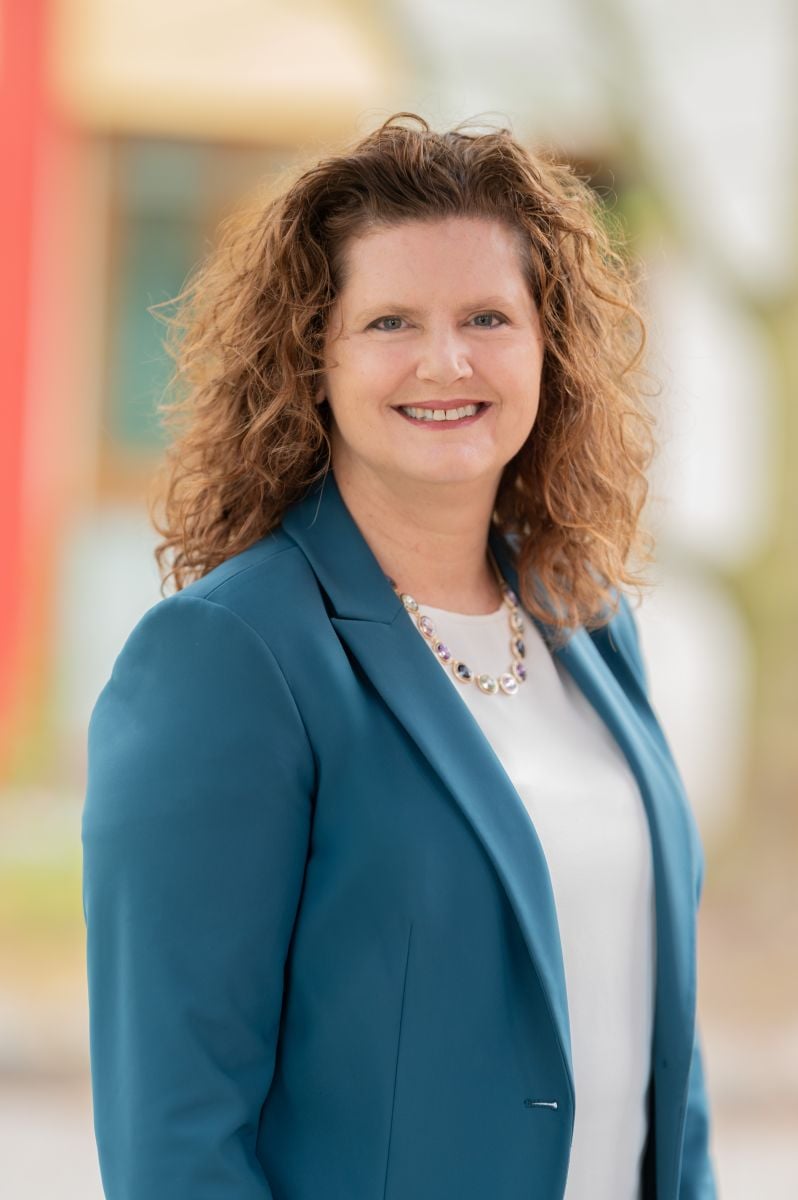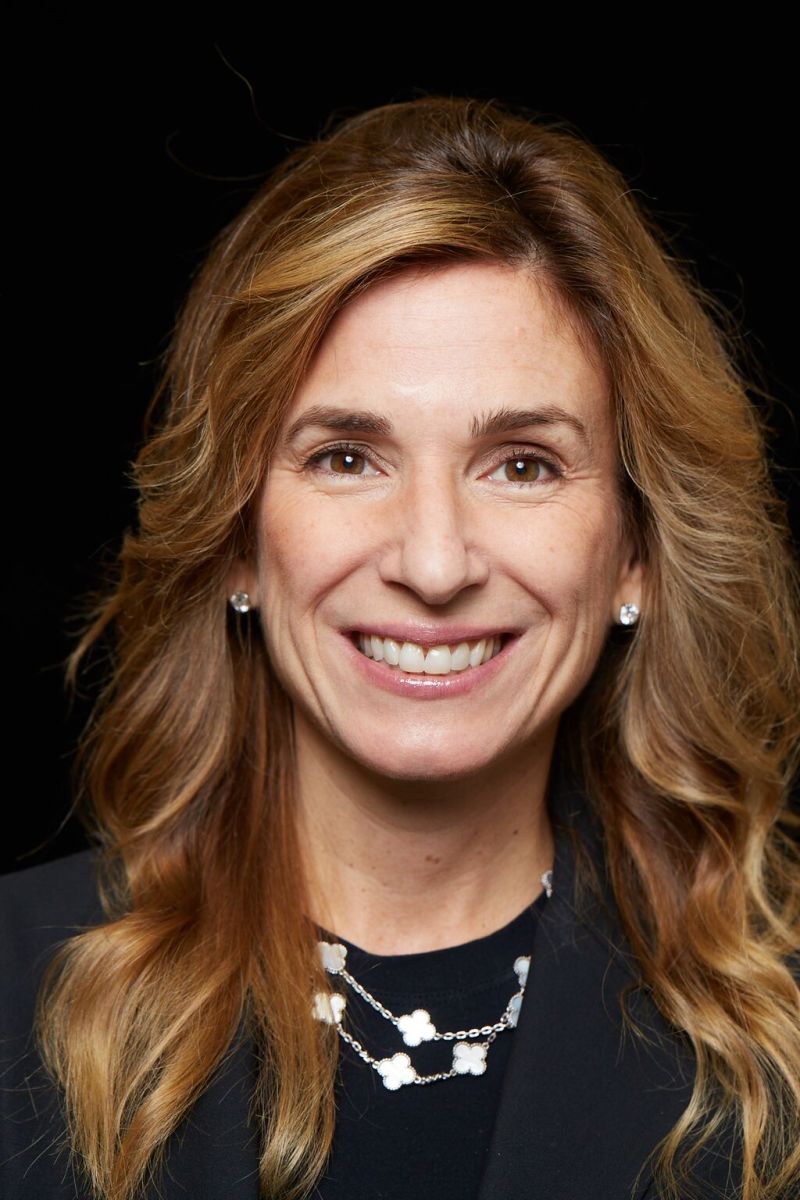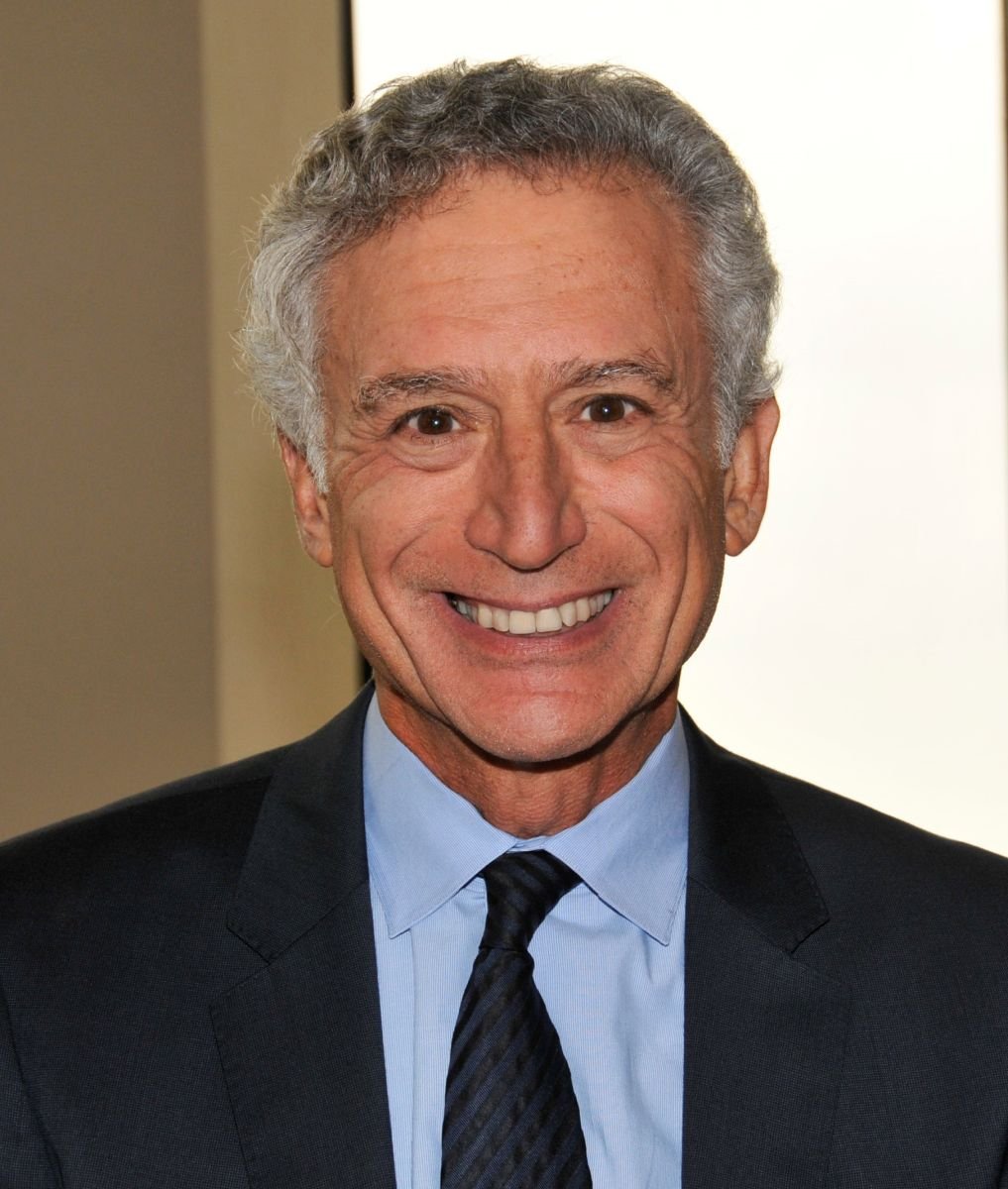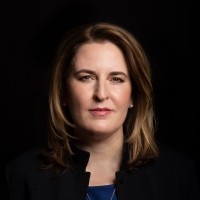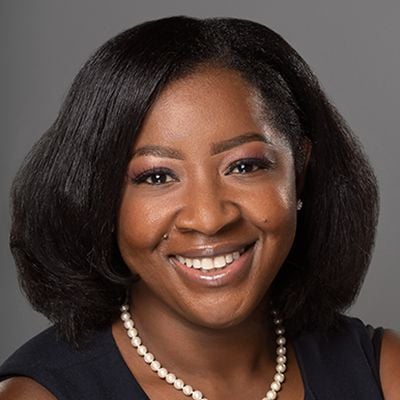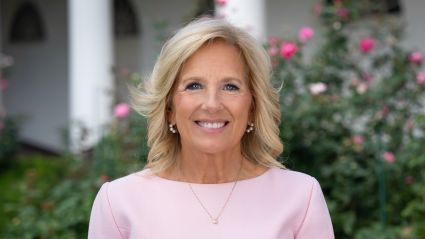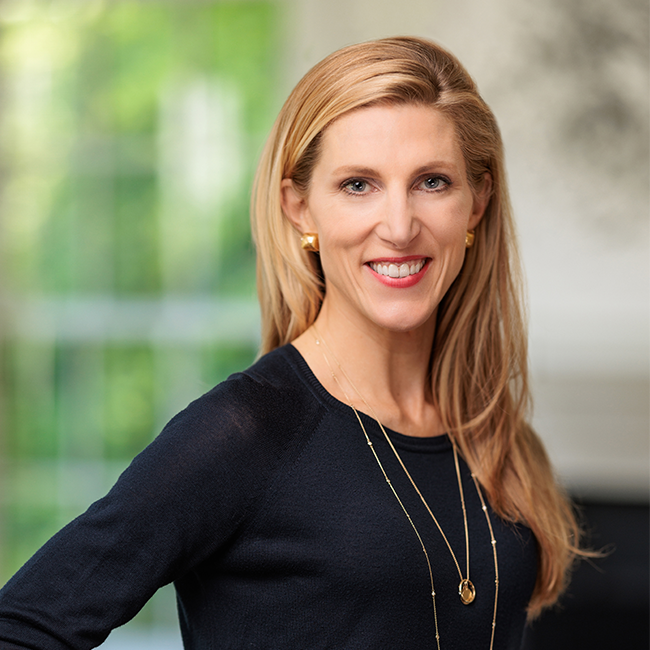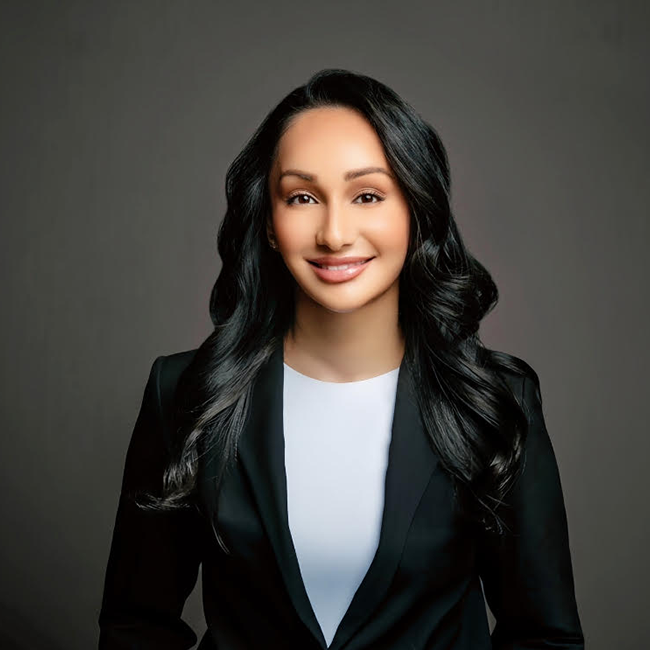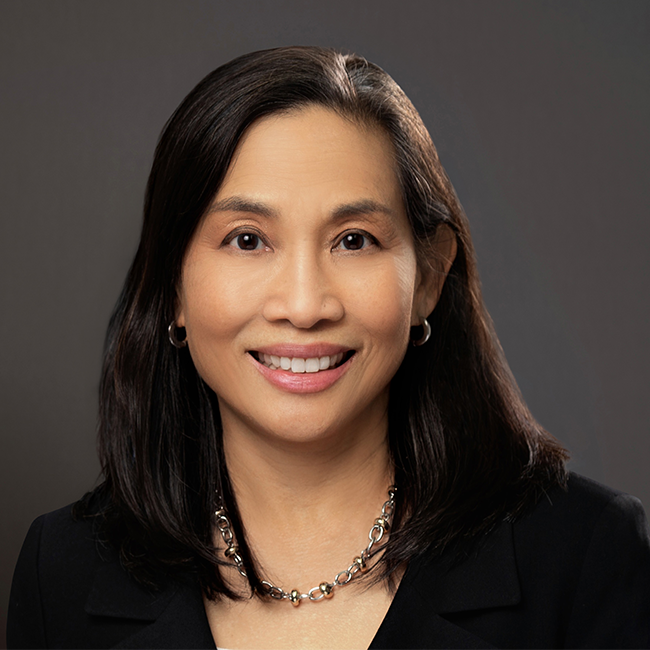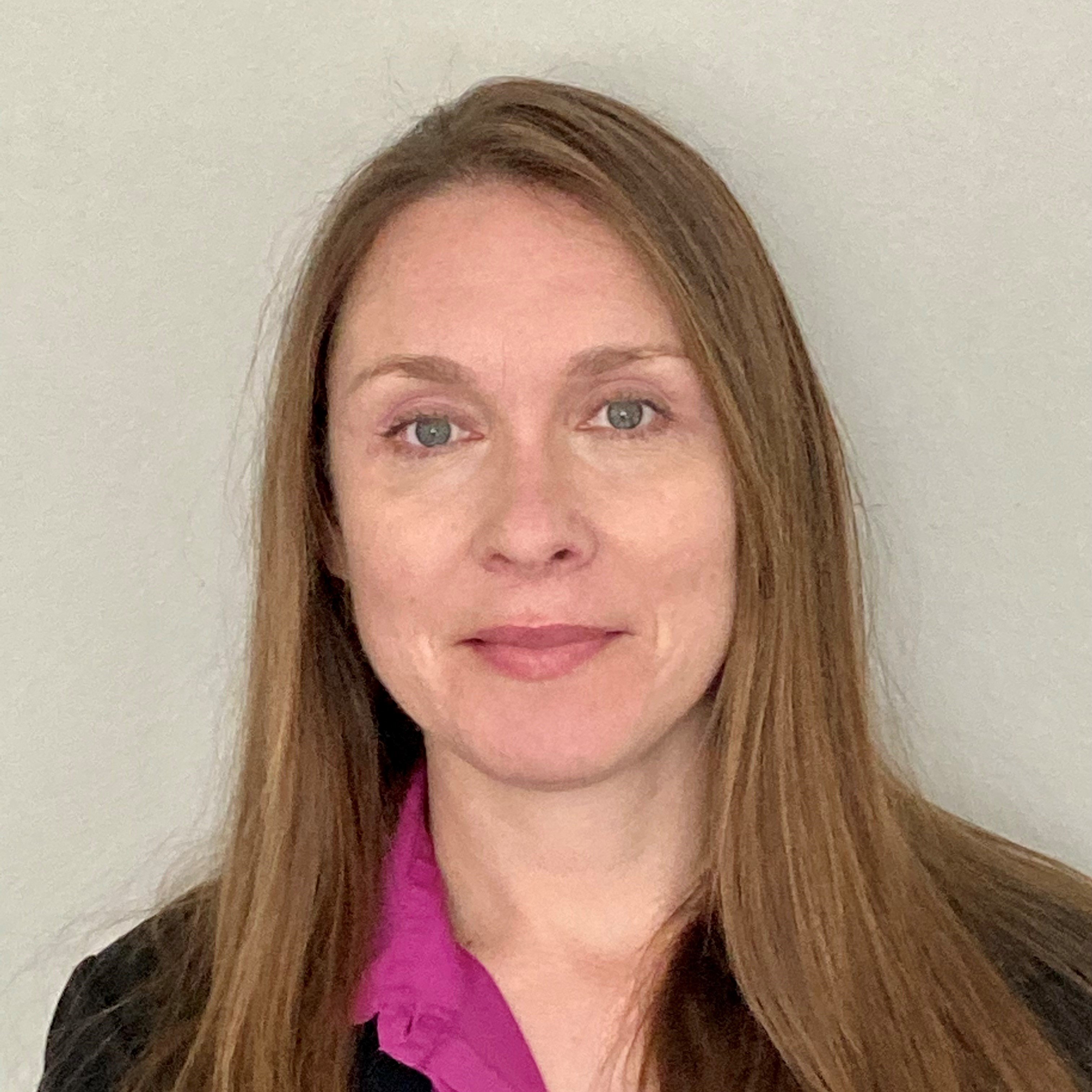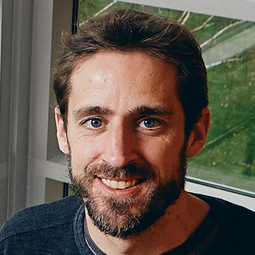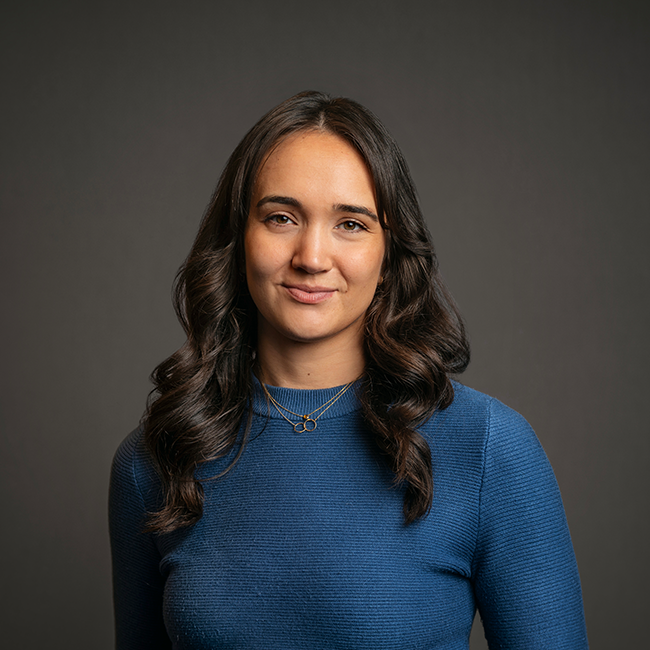
What if we required every major aging policy decision to pass a simple test: Does this align with what older adults say they want for their lives? Imagine if the Centers for Medicare and Medicaid Services, state governments, and insurers competed on how well they honored patient voice, just as companies compete on customer experience. The payoff could be profound: better health outcomes, lower costs, and a system predicated on dignity and equity.
As a physician, I know the exam room is rarely just a place to discuss blood pressure with my patients. It’s also a safe space to consider what matters most: Can my patients arrange transportation for a follow-up visit? Do they have any travel coming up? Do they live alone, or is someone helping them at home?
To support my patients, I must listen carefully and tailor care to their real lives. This “reciprocal” clinical approach applies at the systems level as well. When we design programs around what older adults say they want and need, they are more cost-effective and lead to better outcomes. Unfortunately, that’s not how most of our health and aging systems are built.
Research from the LeadingAge LTSS Center @UMass Boston and Community Catalyst, funded by The SCAN Foundation, shows that ignoring older patients’ preferences led to:
- Above-average inpatient costs.
- An additional $1,189 in two-year Medicare spending per person—equaling $38 billion in excess costs from 2014 to 2020.
The analysis also found that older Black and Hispanic adults were significantly less likely to have their preferences honored and more likely to receive high-cost, low-value care. As one interviewee for the project said, “I feel less comfortable when a provider seems rushed, dismissive, or uninterested in my concerns.”
Keeping older adults well isn’t just good health policy—it is smart economic policy.
These data are sobering; the voices of older adults, particularly those most often left out of the conversation, aren’t informing their care, or the policies and programs designed on their behalf.
There is a solution: Build systems around what people say they need. That’s where innovative partnerships come in, between those who design and regulate systems and those who use them.
One example is The People Say, a partnership between The SCAN Foundation and the Public Policy Lab that uses interviews with diverse older adults to reveal what they need to age well and inform policy change. The goal: "elevate what members of the public actually want [so] government policies and healthcare-delivery systems...reflect their needs—and generate awareness and competition among regulators, providers, and payers to respond.”
Businesses frequently conduct this kind of research (What does the customer want, and how can we meet their needs?). We need to bring that same customer focus to policy and system design. That means aligning philanthropy, research, and lived experience to create a new evidence base that policy leaders can use to create more responsive health and aging programs.
Another great example of this kind of partnership is Age-Friendly Health Systems. These systems follow an essential set of evidence-based practices and align with what matters to older adults and caregivers. Participants in these systems saw lower hospital charges, shorter hospital stays, and lower rates of hospital and emergency department readmissions.
Keeping older adults well isn’t just good health policy—it is smart economic policy. Older adults play a vital role in our economy—as workers, volunteers, and consumers—and their contributions fuel local communities and national growth.
The urgency is clear: By 2040, almost 79 million people will be 65+, more than twice as many as in 2000 (35 million); the 85+ population is projected to more than double from 2022 to 2040. If we fail to redesign our systems around what people want, we’ll keep overspending on unwanted, ineffective care. We need to build partnerships focused on listening to older adults, like The People Say and Age-Friendly Health Systems. In doing so, we can create health systems that honor dignity, improve outcomes, and cost less.
“Jodie” from The People Say, sums it up best: “It's [about] good communication and feeling like you can tell your doctor anything and ... and they're going to not only listen but care."
Just as businesses compete on customer experience, health systems and policymakers should compete on who best honors the voices of older adults.
